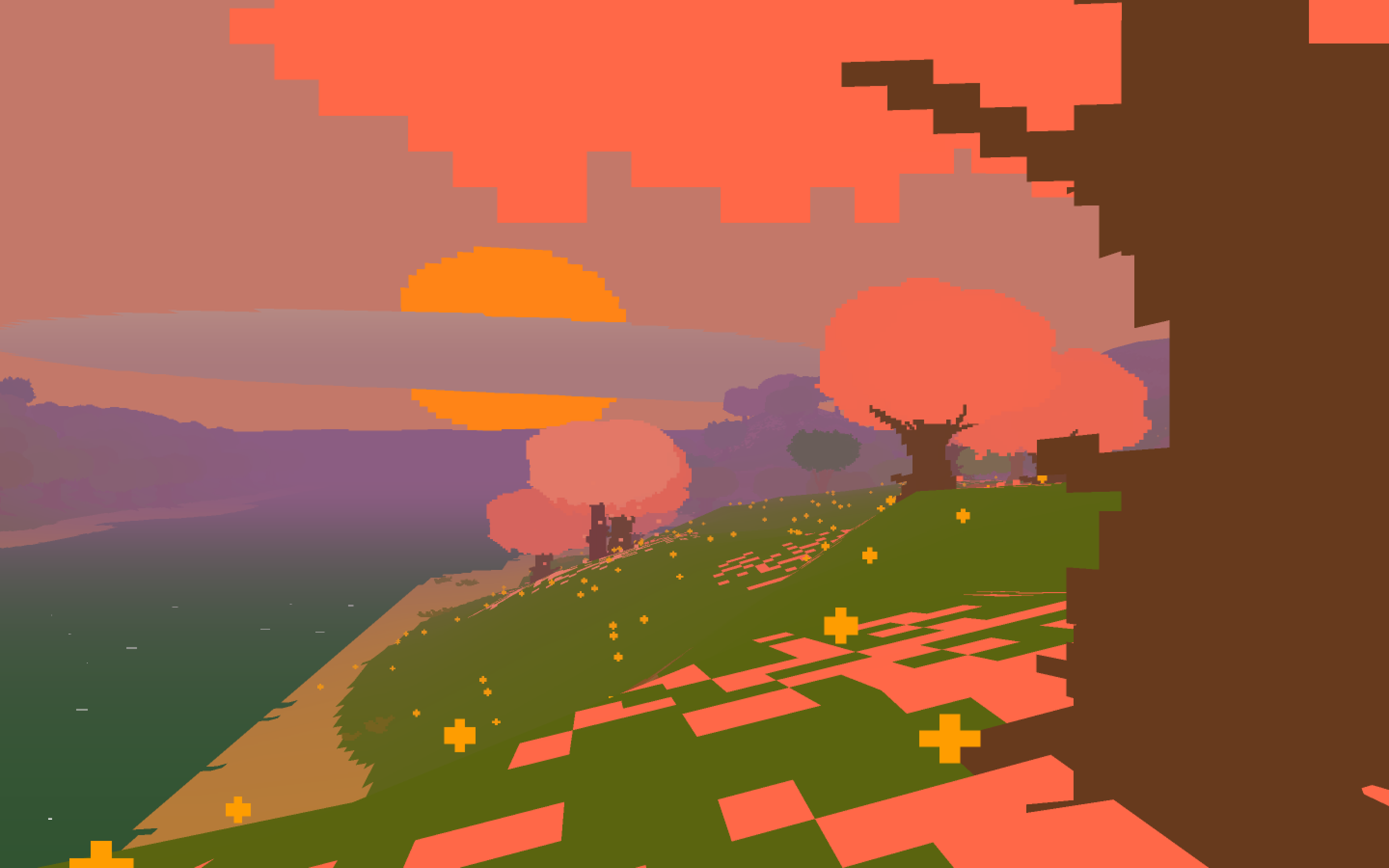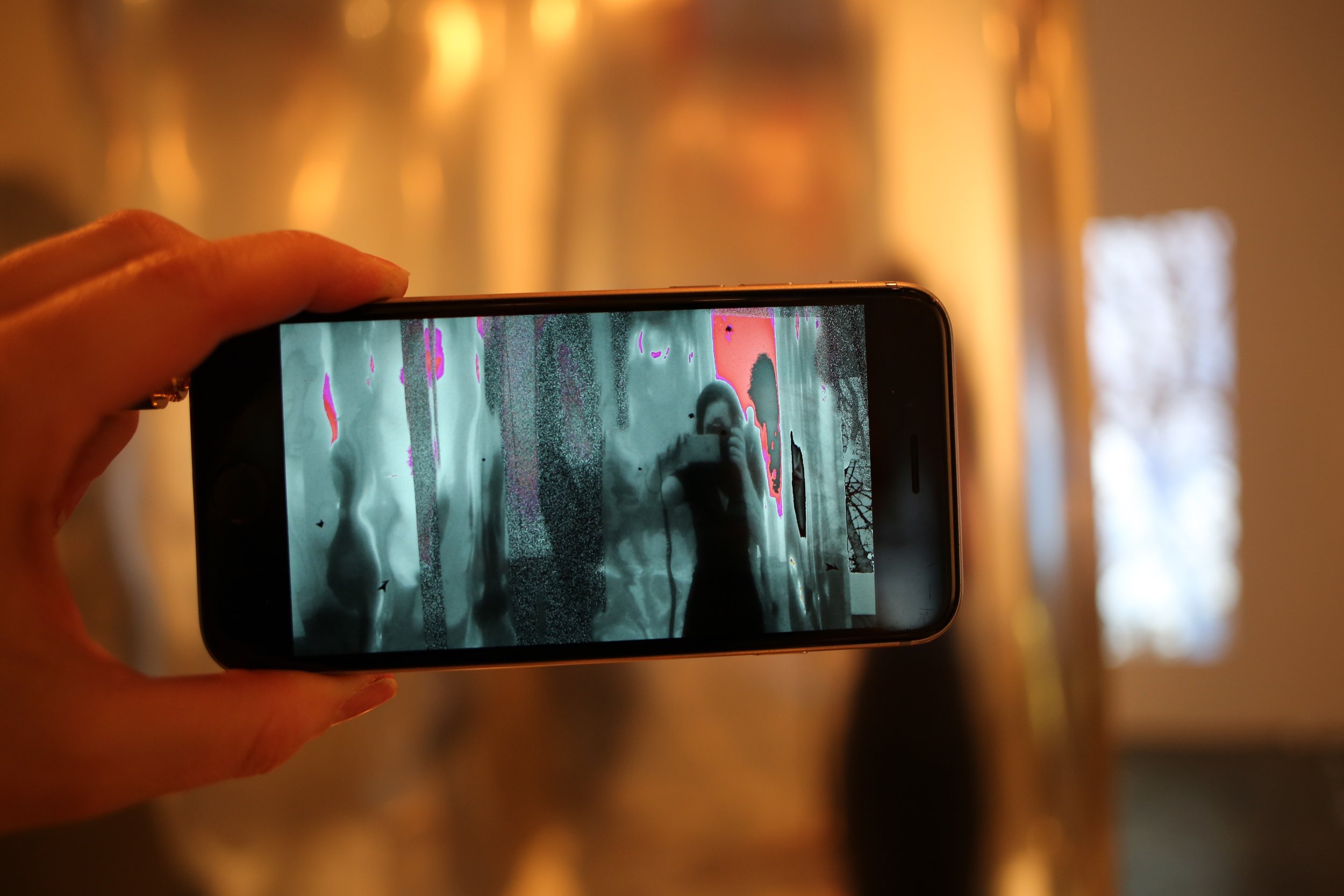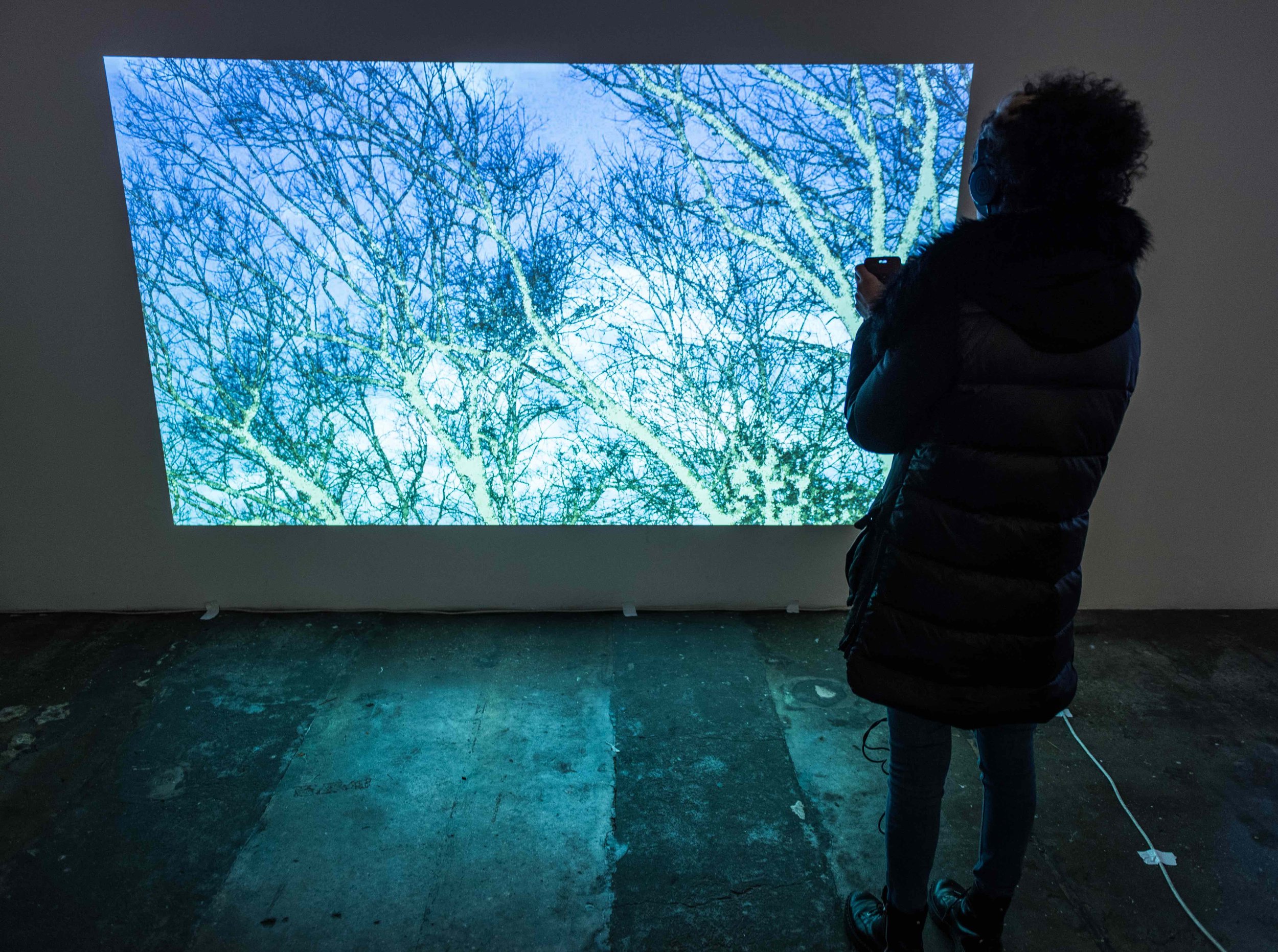Ethan Edwards
Bio: Ethan Edwards is an artist and programmer currently based in New York City. He has a background in Philosophy, Film, and Computer Science. Edwards seeks to create subtle, com- plex artworks in multiple media which fully make use of emerging technology through computer programming. His work explores traditional aesthetic themes through interac- tive and generative structures using new me- dia including smartphones, laptops, augmented reality, and virtual reality. He has shown his work in gallery settings and performance venues in New York and East Asia.
Edwards’s work seeks to engage time and memory in an era of rapid technological change and forgetting. He asks questions of history and traditions through new media platforms. Some of his recent works include If Not Here,a mobileVirtual Reality piece about the idea of presence and imagination and The Other World, an Augmented Reality piece dealing with ghosts. He is currently experi- menting with various image and music making techniques using recent computer-based techniques including machine learning.
Edwards hopes for greater democratization of art and art-making practices.To this end he shares much of his work through free online distribution channels and makes them specifi- cally for mass market devices. He often posts the source code used to generate these piec- es online on his github page. He hopes that people will not only engage with his work, but be inspired to modify it and create new pieces using the tools has provided.
Thesis Exhibition




Artist Statement: Hades is an Augmented Reality experience made by Ethan Edwards intending to evoke the intermediate state after death.
One of the great miracles of human consciousness is our ability to act on things absent from us. To sit we must be with a chair, to eat we must have food, but loving, and pitying, and re- membering; these do not require any physical presence. Our fundamental ties with each other do not require space or time, we can bring them to us whenever they enter our thoughts. If someone is absent, we can still see their face, hear their voice, all through the filter of own conscious- ness. Memories stay with us even when people cannot.
The Greek word Hades began its life meaning the Underworld we know from Greek mythology and its king, ruler of the dead. The word covered everything beneath the earth from the fires of Tartarus to the Elysian Fields, the place where Hercules and Aeneas and Orpheus descended to complete their missions. With the spread of the language and culture throughout the greater Mediterranean and Near East, Hades was used to translate the Hebrew Sheol as it appears in the Jewish Old Testament, and by the Evangelists and Church Fathers who wrote the Christian New Testament. It’s usage shifted over the centuries as thinkers tried to piece together the nature of the intermevariety of theories including soul sleep and particular judgment. Much later, the term was translated into Latin as Infernus and came to take
on a more definite and systematic role in Aquinas and Dante’s Inferno. This word initially designated a general underworld, but came to take the meaning of “Hell” in distinction to the then recent doctrine of “Purgatory,” a place for the souls of the flawed yet saved to improve them- selves in preparation for paradise.
Hid in the thick of a tree is a golden bough,
Gold to the tips of its leaves and the base of its stem,
Sacred (tradition declares) to the queen of that place.
It is safe there, roofed in by forests, in the pathless
Shadowy valleys. No one is ever allowed
Down to earth’s hidden places unless he has first
Plucked this sprout of fledged gold from its tree
And handed it over to fair Prosperpina
To whom it belongs, by decree, her own special gift.
Vergil, Aeneid Book VI (trans. Seamus Heaney)
The notion of an “intermediate state” is important in certain sects of Bud- dhism where the state after death and before rebirth is called antarabhava (Sanskrit) or bardo (Tibetan). In this state, the disembodied being will en- counter the colored light and incred- ible sounds of Buddhas and Bodhi- sattvas coming to deliver them from the karmic cycle. However, their past sins and ties to the world may come to sabotage them, for many will re- treat in fear from the brilliance of the salvific force.
When Xerxes saw the whole Hel- lespont hidden by ships, and all the beaches and plains of Abydos filled with men, he called himself happy - and the moment after burst into tears.
“I was thinking and it came into my mind how pitifully short human life is - for of all these thousands of men not one will be alive in a hundred years’ time.”
“Yet,” said Artabanus, “we suffer sadder things in life even than that. Short as it is, there is not a man in the world, either here or elsewhere, who is happy enough not to wish - not once only but again and again - to be dead rather than alive. Troubles come, diseases afflict us; and this makes life, despite its brevity seem all too long. So heavy is the burden of it that death is a refuge which we all desire, and it is common proof amongst us that God who gave us a taste of this world’s sweetness has been jealous in his giving.” – Herodotus, Histories (trans. Aubrey de Selincourt)
L to R: Proteus (Ed Key and David Kanaga Digital Game, 2013); If Not Here (Mobile Virtual Reality, 2017); The Other World (iOS App, 2018); Solstice (Single channel video, 2018)
